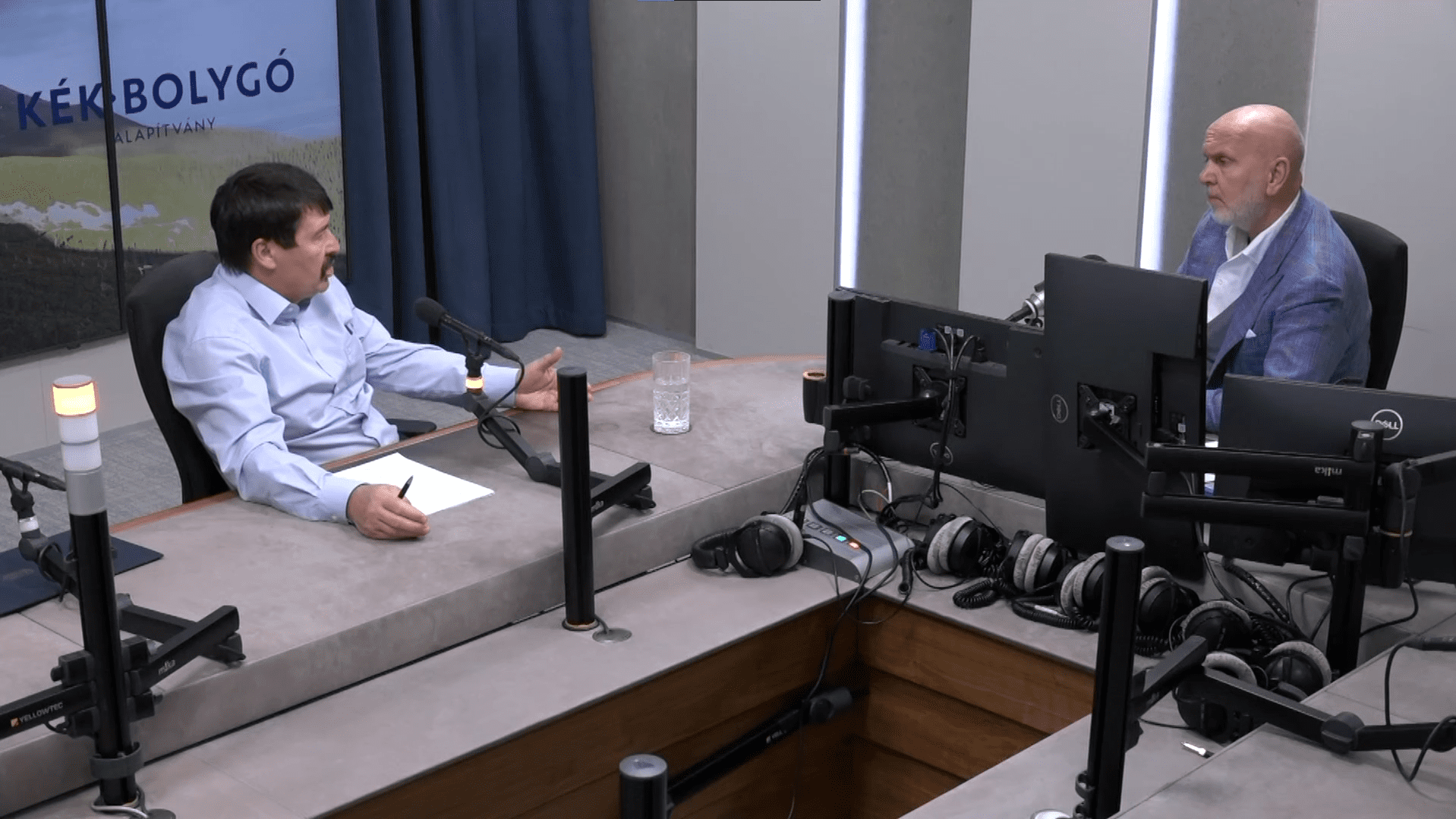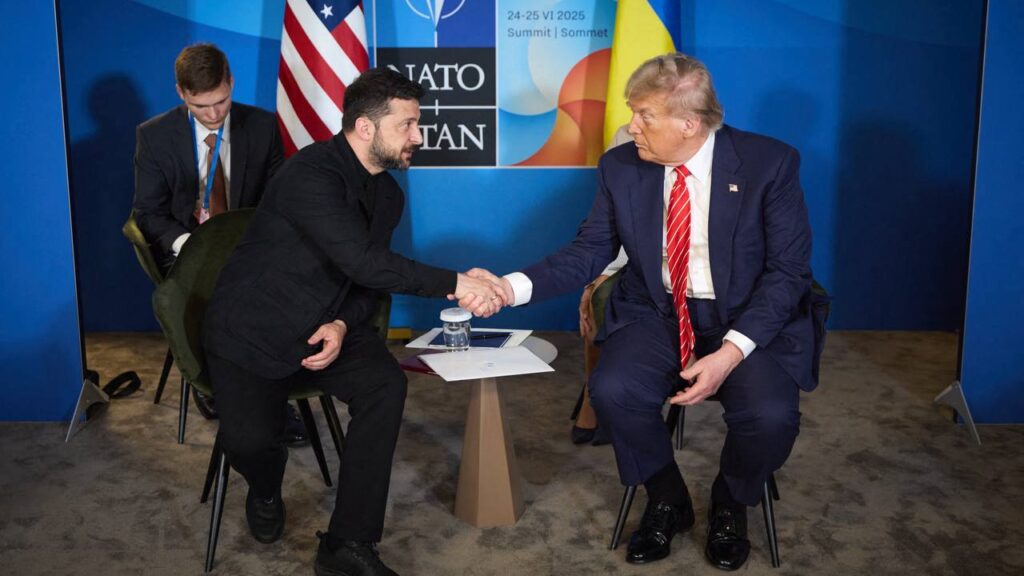In the latest episode of the Blue Planet podcast released on Monday and available on popular video-sharing platforms, former Hungarian President János Áder engaged in a conversation with Oszkár Világi, the Deputy CEO of the MOL Group, shedding light on pivotal transformations in waste management in Hungary.
Áder, also the Chairman of the Board of the Blue Planet Climate Protection Foundation, began the discussion by recalling that MOL secured a 35-year waste management concession last year. Consequently, its subsidiary, MOHU MOL Waste Management Ltd., has been providing services since the summer of this year. He highlighted the introduction of a new beverage packaging return system in the revamped waste management system. This system will facilitate the return of plastic and glass bottles, as well as metal beverage cans.
Világi outlined that starting from 2024, consumers can return bottles with a designated return logo or a new barcode to designated return points, known as REpont. However, during the transitional period stipulated by the legislation until 30 June 2024, beverage packaging without markings and return fees can remain on store shelves and will not be eligible for return at REponts. Starting January, consumers will pay a uniform return fee of 50 forints per bottle for every plastic and glass bottle and metal can with a logo. This fee can be reclaimed when returning the empty bottle to the designated return points. The return can be made in the form of store credit or a cashable voucher. Additionally, from April onwards, a mobile application will enable bank transfers, and there will also be an option to donate the deposit to charitable causes.
Minden az új visszaváltási rendszerről
PET-palackok, üvegek és alumínium dobozok – ezek mind visszaválthatóak lesznek 2024-től, feltéve, ha rajtuk van a visszaváltást jelző ikon. A MOL-csoport vezérigazgató – helyettese a podcastban beszámol arról, hogy a MOL hulladékgazdálkodásért felelős cége, a MOHU milyen visszaváltási rendszert készített elő, milyen típusú és állapotú flakonokat lehet majd visszaváltani az automatáknál, és mire kell figyelniük a vásárlóknak.
Világi emphasized the importance of keeping the packaging intact for automatic identification by return machines. He informed that larger retail spaces primarily dealing with food sales must ensure machine-based returns. However, smaller stores with voluntary compliance can also join the system as machine-based return points. To achieve a 90 per cent recycling rate for plastic, glass bottles, and metal beverage cans within three years, an estimated 1,500-2,000 machines are set to be deployed initially, with plans to increase to 4,000-5,000 as more partners join.
Drawing inspiration from Slovakia, where a similar system has been successful, Világi expressed optimism about achieving a high rate of return and recycling in Hungary. He concluded by stating that MOL Group is investing at least 180 billion forints in the new waste management system and anticipates that their expenses will surpass revenues until midway through the concession period. The conversation touched on MOL’s broader ambition to significantly reduce the amount of waste sent to landfills and instead promote industrial or energy-based recycling. Examples were provided, including the collection of used cooking oil for biofuel production, recycling shredded tires into asphalt, and extracting valuable metals from smartphones and batteries. Furthermore, Világi revealed that MOL is launching a lithium extraction pilot project in Pusztaföldvár, utilizing water currently brought to the surface during hydrocarbon extraction. The extracted alkali metal has various applications, such as battery manufacturing.
The comprehensive discussion covered diverse aspects of waste management, showcasing the MOL Group’s commitment to sustainable practices and environmental responsibility.
Related articles:
Sources: Hungarian Conservative/Blue Planet/MTI








